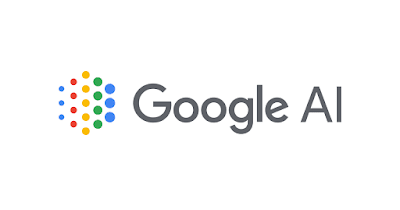In a case study of a woman was admitted at advance stage with her breast cancer where fluids already flooding her lungs. Radiology Scan report was used to predict the longevity of the patient in the city Hospital Computer Algorithm which results a 9.3 per cent chance of her death. Google utilized its algorithm by crunching a total of 175,639 data points and 24 hours after she was admitted, Google predicted a 19.9 percent chance of her dying within the hospital which is more than double of Hospital Algorithm. The patient succumbed to death within few weeks of admission.
 |
| Google AI |
The company had then published a bitter statement of the woman's death informing about the healthcare benefits of neural networks. In addition, The company had created a tool that had the potential to forecast a host of patient-related outcomes, including how long they may spend in a hospital, the odds of them checking into the hospital again, including the probability of dying.
The company’s Medical Brain team is using this Artificial Intelligence algorithm to make predictions about the chances of death among hospital patients. A paper published last month in the journal Nature detailed how its predictive algorithm used vast data sets to determine whether inpatients will survive in two different hospitals. Surprisingly for predicting inpatient mortality, Google’s Medical Brain was 95 per cent accurate in the first hospital whereas 93 per cent accuracy established in the second hospital.
The main feature of the Google’s Artificial Algorithm is that the software can read any data source from buried pdf format to scribbled hand writing relating to the patients history and can predict faster and more accurately than existing techniques.
Nigam Shah, associate professor at Stanford University, said that nearly 80 percent of the time spent today in predictive models is for the "scut work", which involves making data presentable. However,
Google's software approaches the issue differently.

��
ReplyDelete